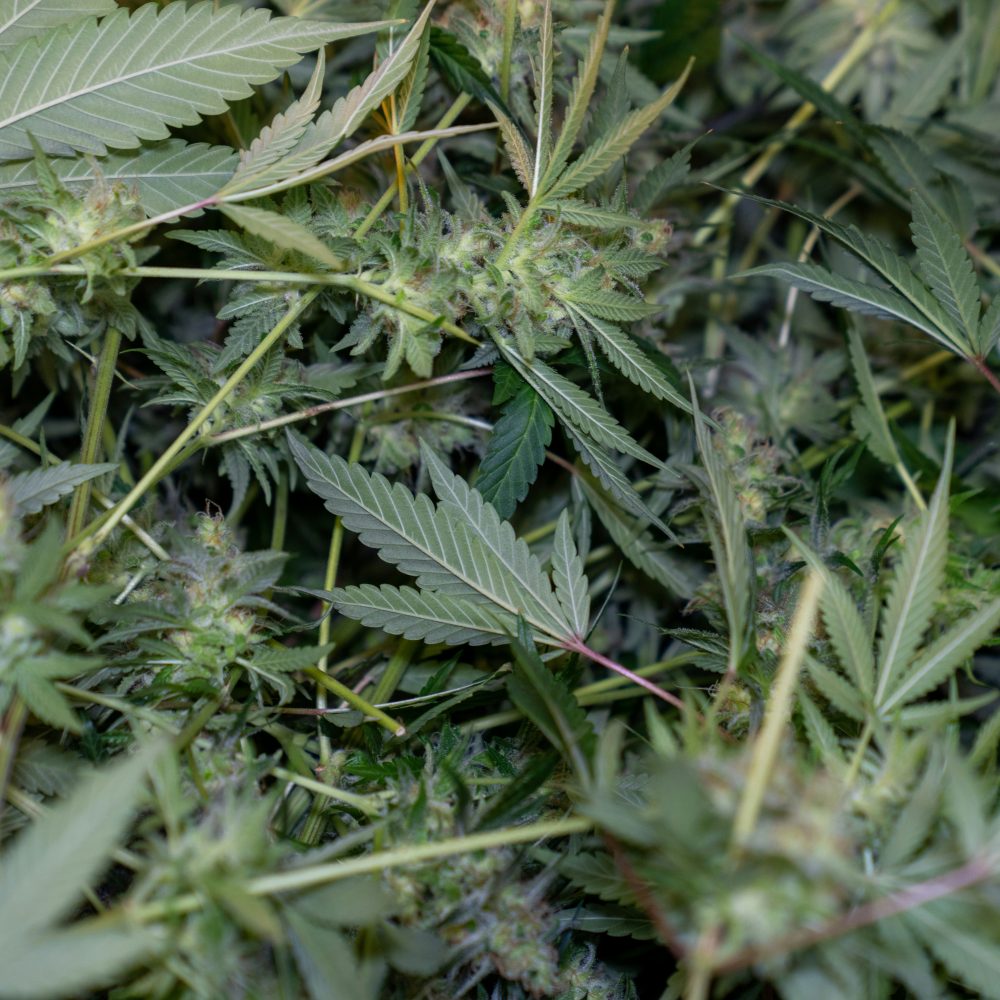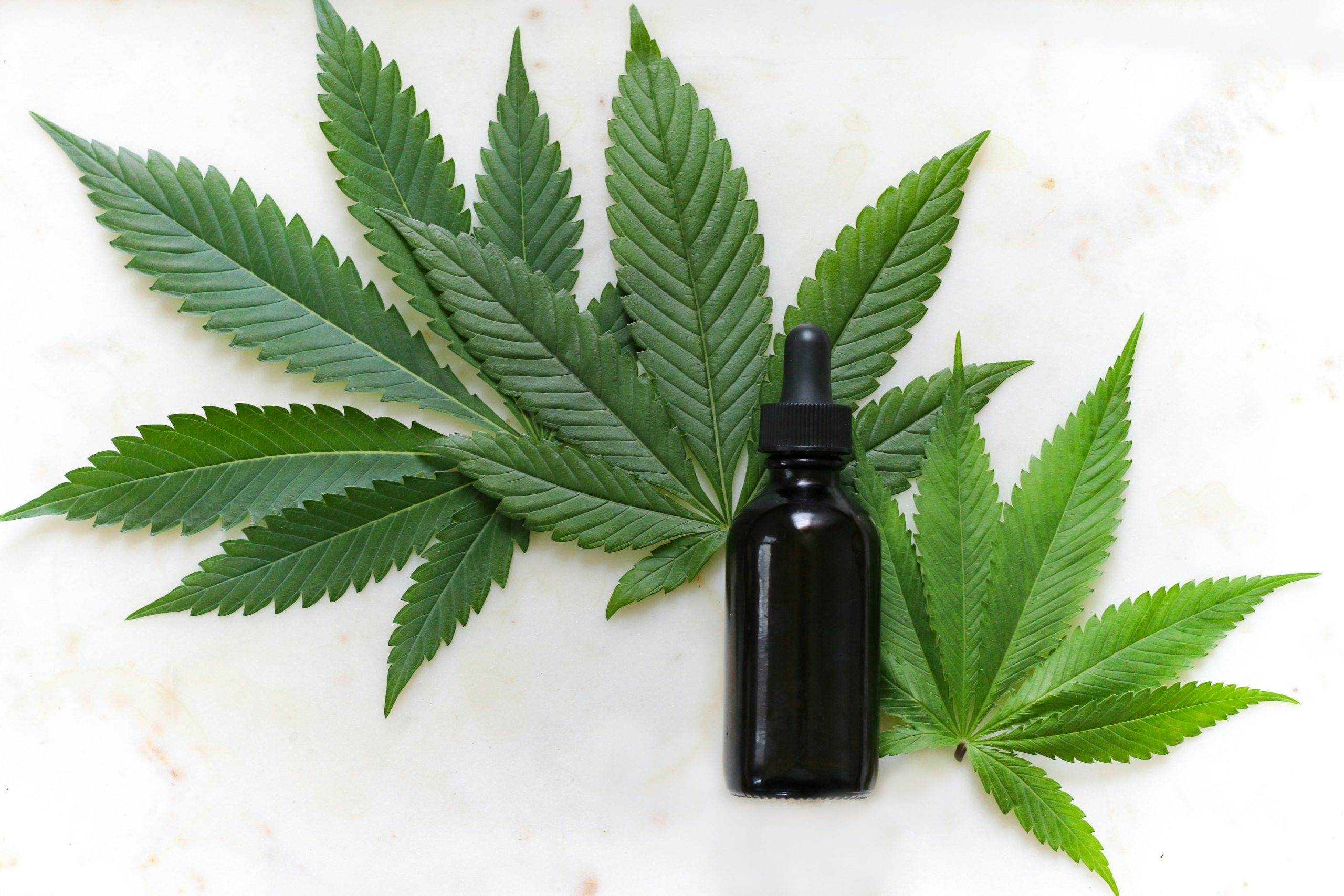Hemp, a versatile and ancient plant, has been an integral part of human history for thousands of years. From its industrial applications to its nutritional benefits and potential in sustainable practices, hemp products are a treasure trove of possibilities. In this in-depth exploration, we dissect the many facets of hemp, diving into its history, cultivation, uses, nutritional value, environmental impact, and the legal landscape surrounding this remarkable plant.
Historical Roots: Hemp Through the Ages
Ancient Origins:
Hemp’s history dates back to ancient civilizations, with evidence suggesting its use in Asia as early as 8000 BCE. Ancient cultures across the globe, including China, Egypt, and Mesopotamia, utilized hemp products for textiles, medicine, and ritualistic purposes.
Hemp in Colonial America:
Colonial America embraced hemp cultivation, with early settlers recognizing its economic potential. Hemp became a staple crop, and several Founding Fathers, including George Washington and Thomas Jefferson, were hemp farmers.
Hemp’s Role in Wars:
Hemp played a crucial role in wartime efforts, particularly during World War II. The U.S. government encouraged hemp cultivation through the “Hemp for Victory” campaign, emphasizing its importance for rope, textiles, and other military essentials.
The Plant Behind the Versatility – Cannabis Sativa L.
Cannabis Sativa vs. Cannabis Indica:
Hemp and marijuana both belong to the Cannabis sativa species, but they have distinct characteristics. Hemp is cultivated for industrial purposes and contains low levels of THC (tetrahydrocannabinol), the psychoactive compound found in marijuana.
Non-Psychoactive Nature:
Hemp’s THC levels are restricted to 0.3% or less, ensuring that it doesn’t induce the psychoactive effects associated with marijuana. This non-psychoactive nature makes hemp a valuable resource for various applications.
Industrial Hemp Varieties:
Different varieties of industrial hemp are cultivated based on their specific applications. Some hemp products are tailored for fiber production, while others are grown for their seeds, oil, or CBD (cannabidiol) content.
Cultivation Practices: Nurturing the Green Revolution
Ideal Growing Conditions:
Hemp thrives in a variety of climates and soil types. It requires well-draining soil, adequate sunlight, and consistent rainfall or irrigation during its growth period.
Sustainable Farming:
Hemp is known for its sustainability. It requires minimal pesticides and fertilizers, and its deep root system helps prevent soil erosion. Hemp cultivation can contribute to regenerative and sustainable farming practices.
Crop Rotation Benefits:
Hemp’s ability to break pest and disease cycles makes it an excellent candidate for crop rotation. It can be part of a regenerative agricultural approach that enhances soil health and reduces reliance on chemical inputs.
The Green Gold – Hemp Fiber and Textiles
Durable and Breathable Fabrics:
Hemp fiber is renowned for its durability and breathability. Hemp textiles are comfortable, resistant to wear and tear, and become softer over time without losing strength.
Eco-Friendly Alternative:
Compared to traditional cotton, hemp cultivation requires less water and pesticides. Hemp textiles also have a lower environmental impact, making them an eco-friendly alternative in the fashion and textile industry.
Hemp Clothing Brands:
Several sustainable and ethical fashion brands are incorporating hemp into their collections. These brands prioritize eco-friendly practices and advocate for a shift towards more sustainable materials.
Nutritional Powerhouse – Hemp Seeds and Oil
Complete Plant-Based Protein:
Hemp seeds are a complete source of plant-based protein, containing all essential amino acids. This makes them an excellent addition to a vegetarian or vegan diet.
Healthy Fats and Omega-3s:
Hemp oil derived from seeds is rich in healthy fats, including omega-3 and omega-6 fatty acids. These essential fatty acids are beneficial for heart health and overall well-being.
Nutrient-Rich Composition:
Hemp seeds are packed with nutrients such as vitamins (vitamin E), minerals (iron, magnesium), and dietary fiber. Their nutrient profile contributes to their reputation as a superfood.
Cannabidiol (CBD) – The Therapeutic Potential
Extracting CBD from Hemp:
CBD, one of the many cannabinoids present in hemp, has gained popularity for its potential therapeutic benefits. CBD is extracted from hemp plants, and its consumption is associated with various health and wellness applications.
CBD’s Non-Psychoactive Nature:
Unlike THC, CBD is non-psychoactive, meaning it doesn’t induce a “high.” This quality makes CBD products accessible to a broader range of consumers seeking potential therapeutic effects.
Diverse CBD Products:
The market offers a variety of CBD products, including oils, tinctures, capsules, topicals, and edibles. Each product type caters to different preferences and desired outcomes.
Hemp in Construction – Building a Sustainable Future
Hempcrete, A Green Building Material:
Hempcrete, made from the inner woody fibers of the hemp plant, is a sustainable alternative to traditional construction materials. It is lightweight, insulating, and has a low carbon footprint.
Structural Integrity and Fire Resistance:
Hempcrete exhibits excellent structural integrity and fire resistance. Its use in construction aligns with the growing interest in eco-friendly and energy-efficient building practices.
Hemp Insulation:
This plant’s fibers are also used for insulation material. Hemp insulation is renewable, non-toxic, and provides effective thermal and acoustic insulation.
Environmental Impact – Hemp’s Green Credentials
Carbon Sequestration:
Hemp cultivation has the potential to sequester carbon dioxide from the atmosphere. The plant’s rapid growth and dense foliage contribute to its effectiveness as a carbon sink.
Soil Remediation:
Hemp’s deep roots help improve soil structure and can be used in phytoremediation projects to remove pollutants and contaminants from the soil.
Biodiversity Conservation:
Hemp fields can support biodiversity by providing habitat for various insects and birds. The plant’s cultivation can be integrated into regenerative agriculture practices that enhance overall ecosystem health.
Legal Landscape – Navigating Hemp’s Legality Around the World
Hemp vs. Marijuana Legal Distinctions:
The legal status of hemp varies worldwide. In many countries, the distinction between hemp and marijuana is based on THC content, with hemp defined as cannabis containing 0.3% THC or less.
Hemp Legalization in the United States:
The 2018 Farm Bill in the United States legalized industrial hemp cultivation, removing it from the Controlled Substances Act. This marked a significant shift in the legal landscape surrounding hemp and hemp products.
Global Hemp Movement:
Countries around the world are reconsidering their stance on hemp cultivation. The global movement towards recognizing the economic, environmental, and health benefits of hemp is influencing legislative changes.
Challenges and Future Prospects – Nurturing the Hemp Renaissance
Regulatory Hurdles:
Despite progress, hemp faces regulatory challenges, including varying THC limits, complex licensing processes, and the need for standardized testing methods.
Education and Awareness:
Promoting education and awareness is crucial for overcoming misconceptions about hemp. Dispelling myths and fostering a deeper understanding of hemp’s potential can contribute to its widespread acceptance.
Research and Innovation:
Continued research into hemp’s diverse applications and sustainable cultivation practices is essential for unlocking its full potential. Innovations in processing methods and product development can drive the hemp industry forward.

Hemp stands as a beacon of sustainability, versatility, and potential in our ever-evolving world. From its historical roots to its modern applications in textiles, nutrition, construction, and wellness, hemp products continue to unfold. As more individuals, industries, and governments recognize the myriad benefits of this remarkable plant, the future of hemp appears bright. Nurturing a global hemp renaissance requires collaborative efforts in research, legislation, and education, paving the way for a sustainable and hemp-infused future.
More CBD Content
DOES CBD REALLY DO ANYTHING?
CBD 101: EVERYTHING YOU NEED TO KNOW ABOUT SMOKING CBD FLOWER
WHEN SHOULD YOU TAKE CBD? A GUIDE TO DOSING DURING THE DAYTIME
CAN CBD HELP WITH ANXIETY OR DEPRESSION?
BEST CBD OIL FOR DEMENTIA: TRY THESE FULL-SPECTRUM CBD TINCTURES
CBD AND MELATONIN: HOW THEY MAY WORK TOGETHER TO CREATE DEEPER SLEEP








